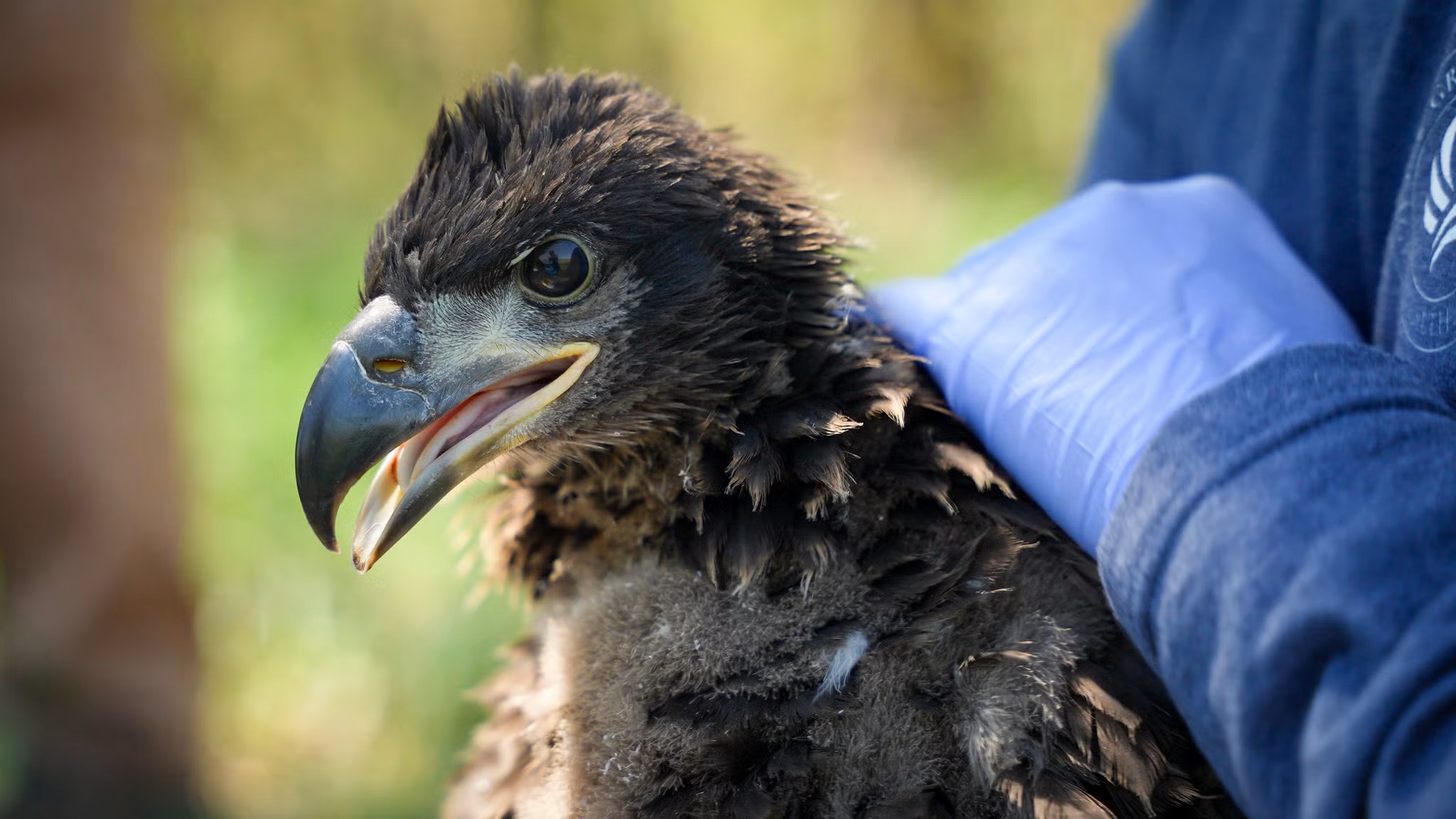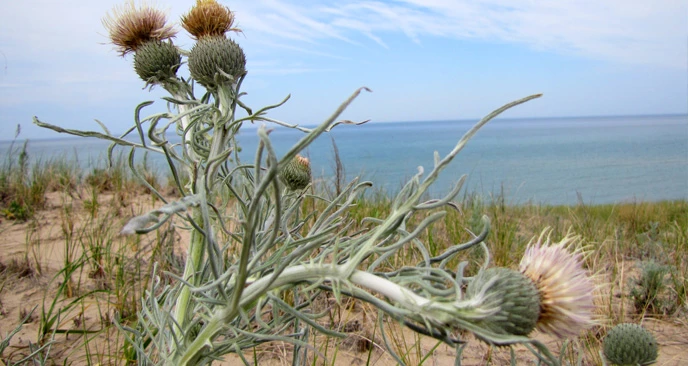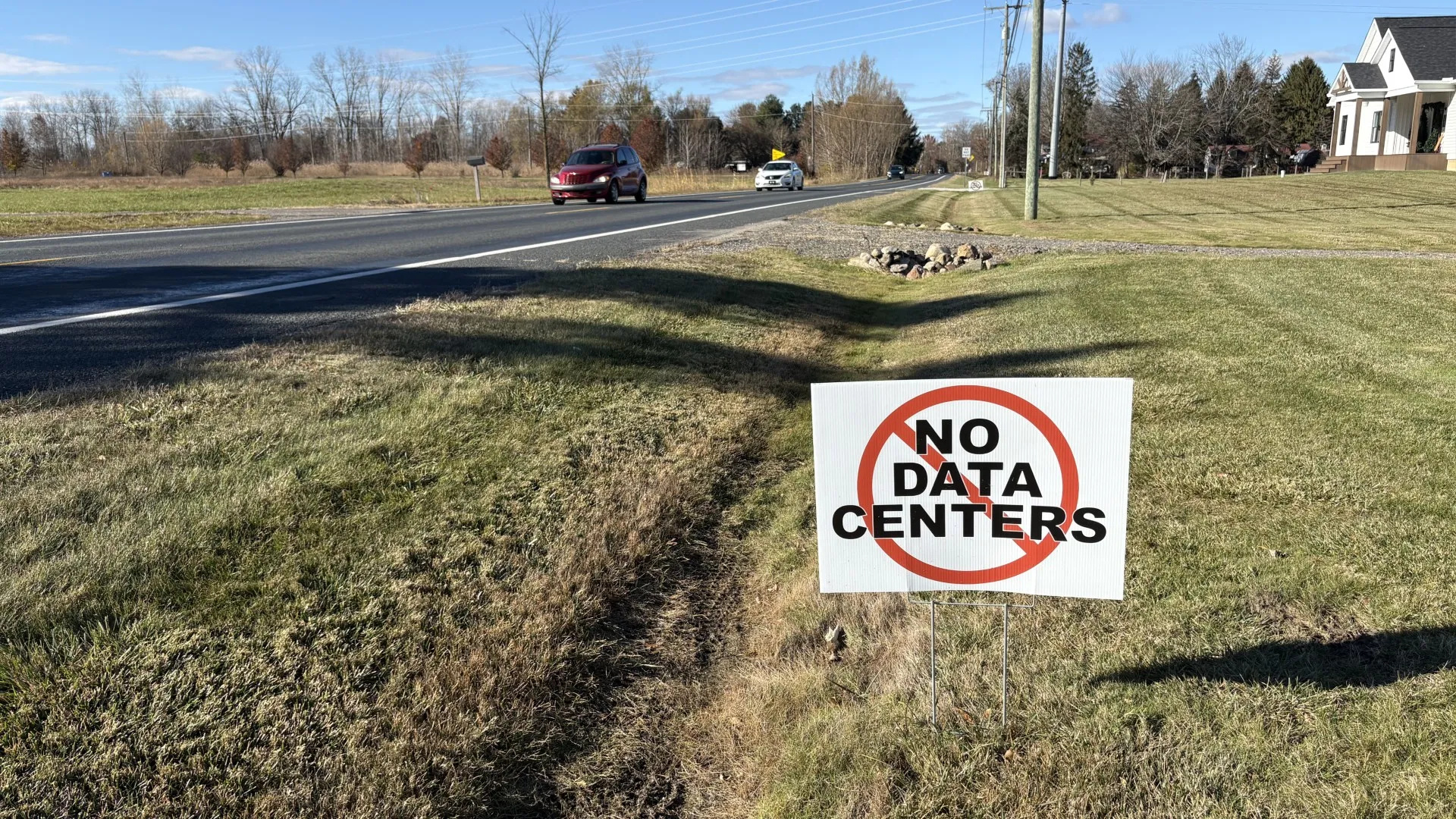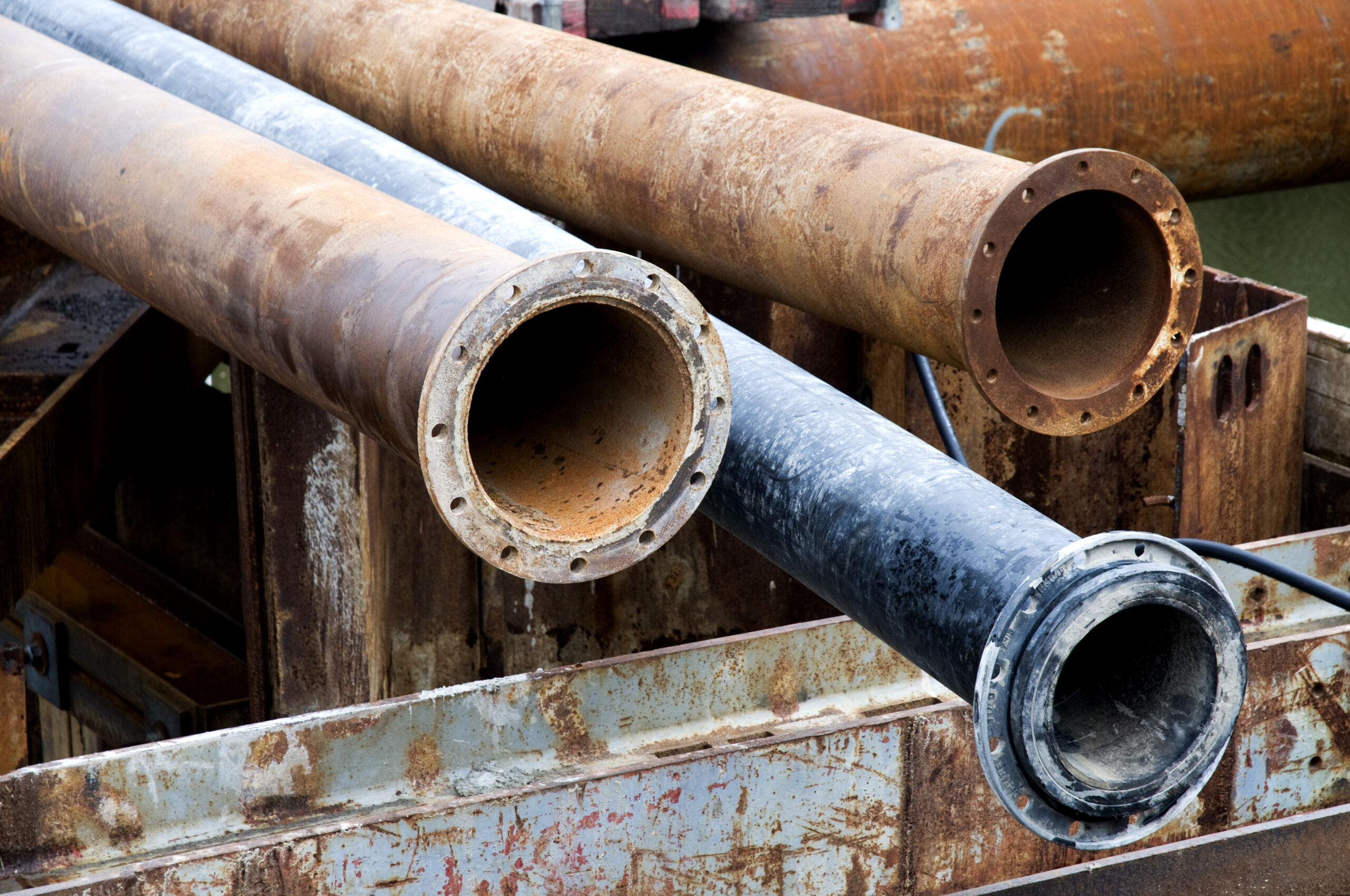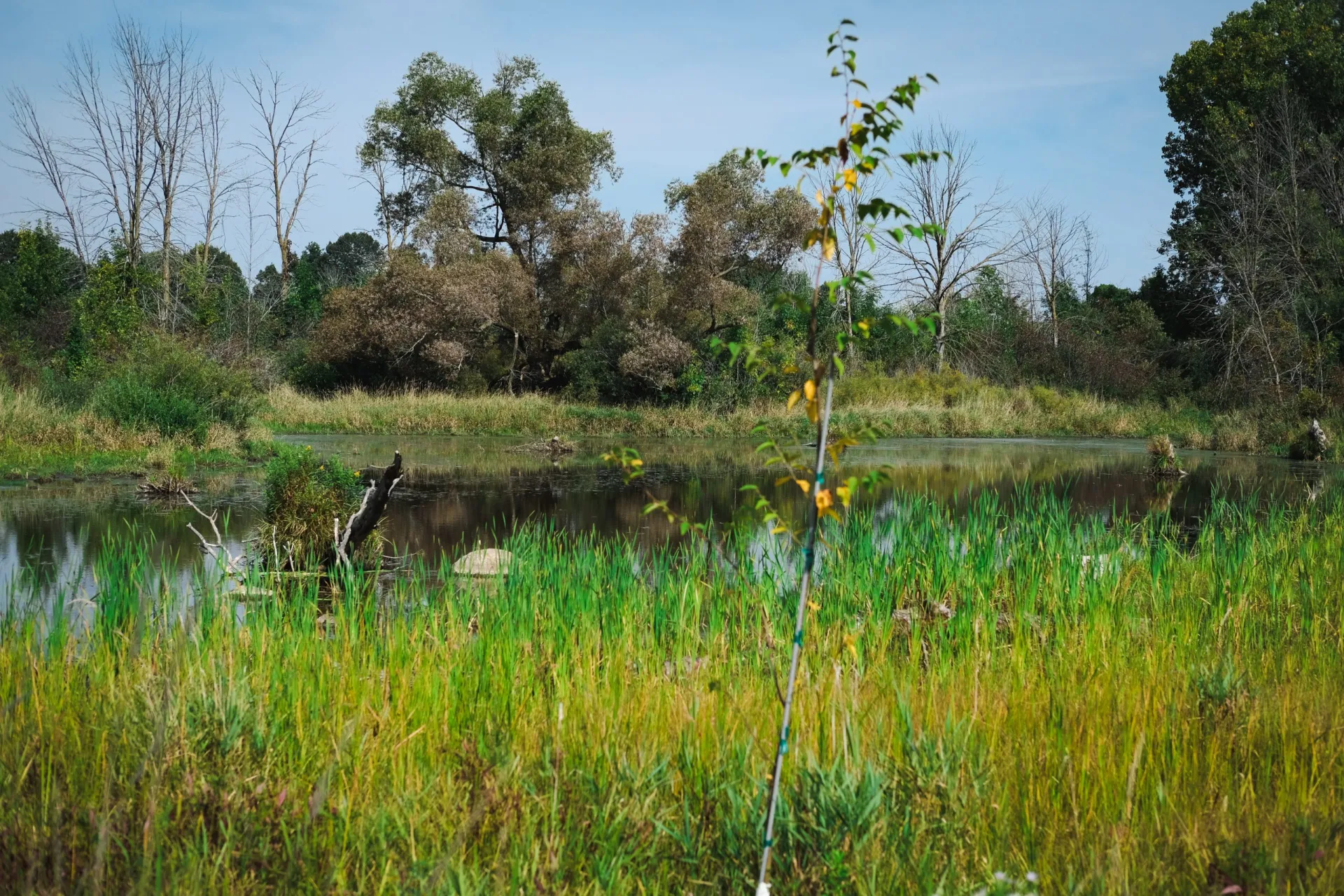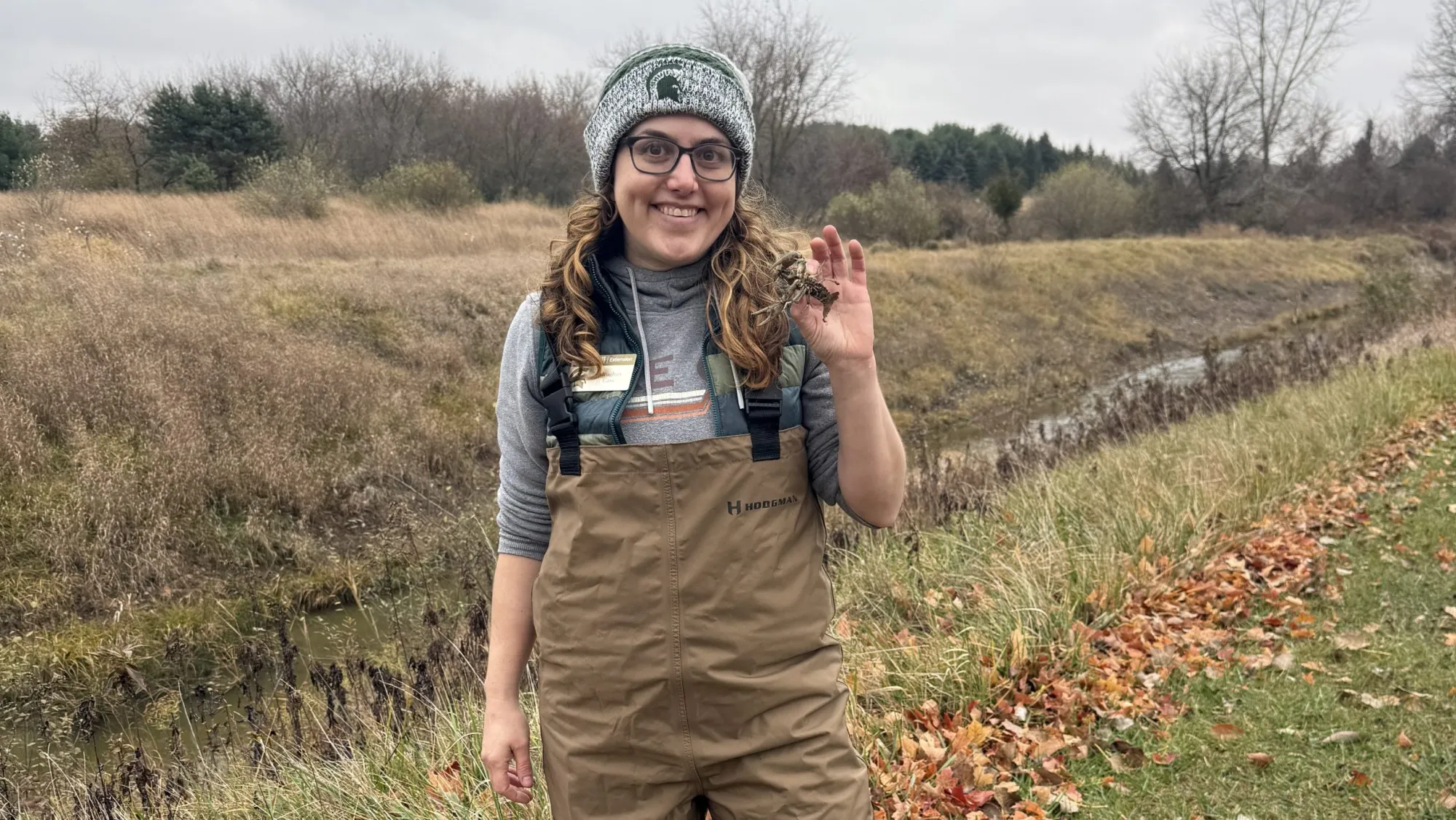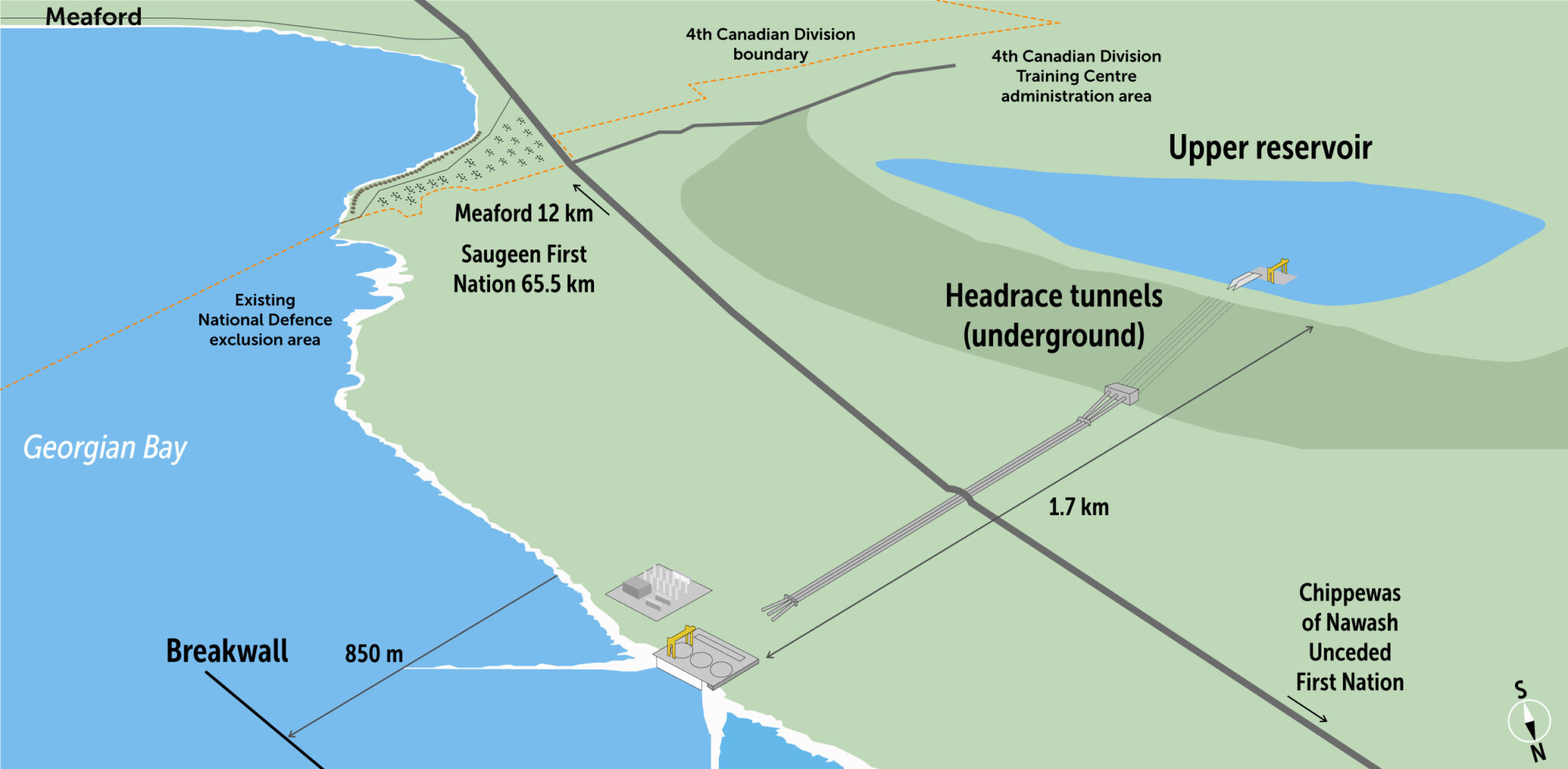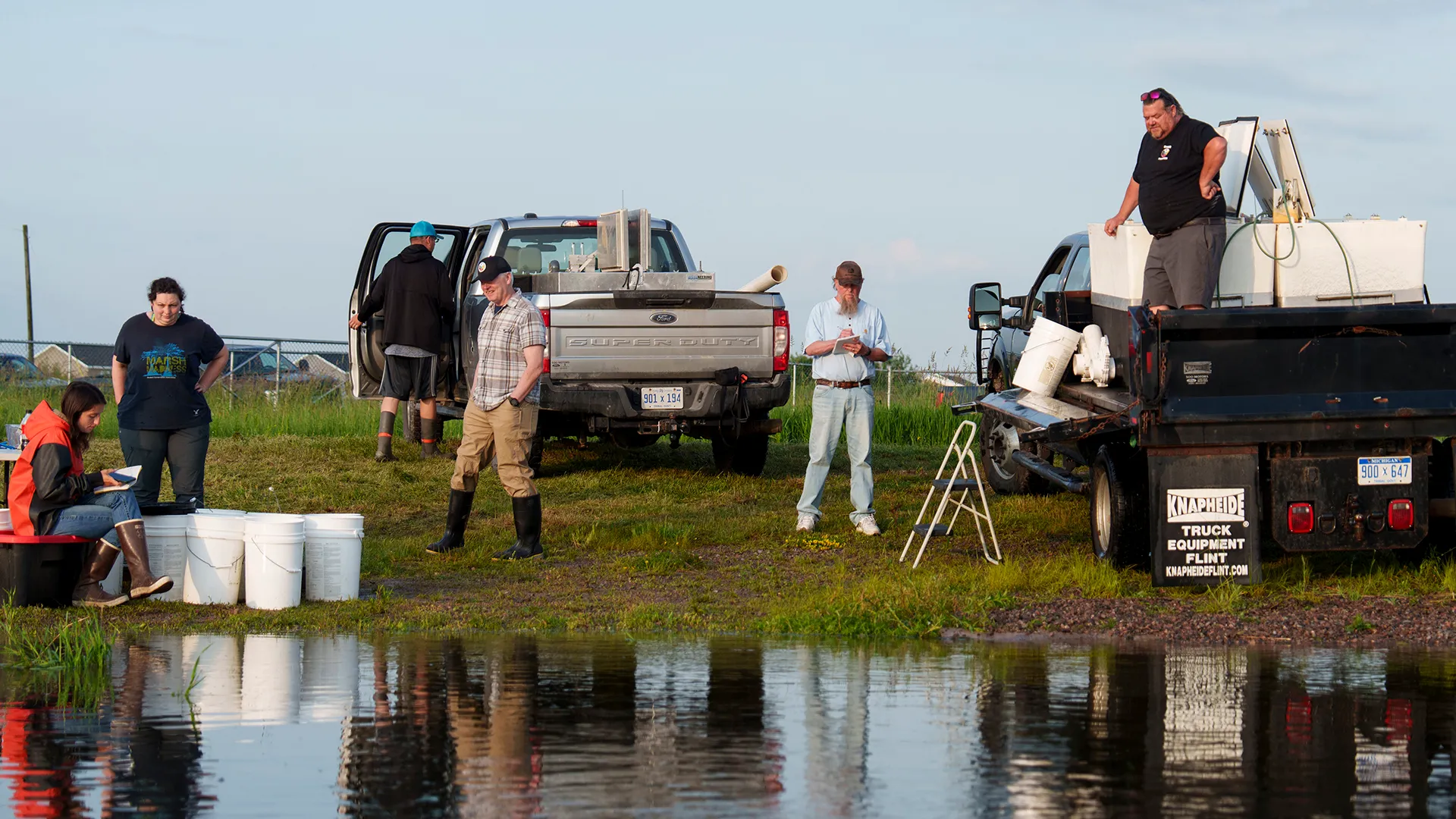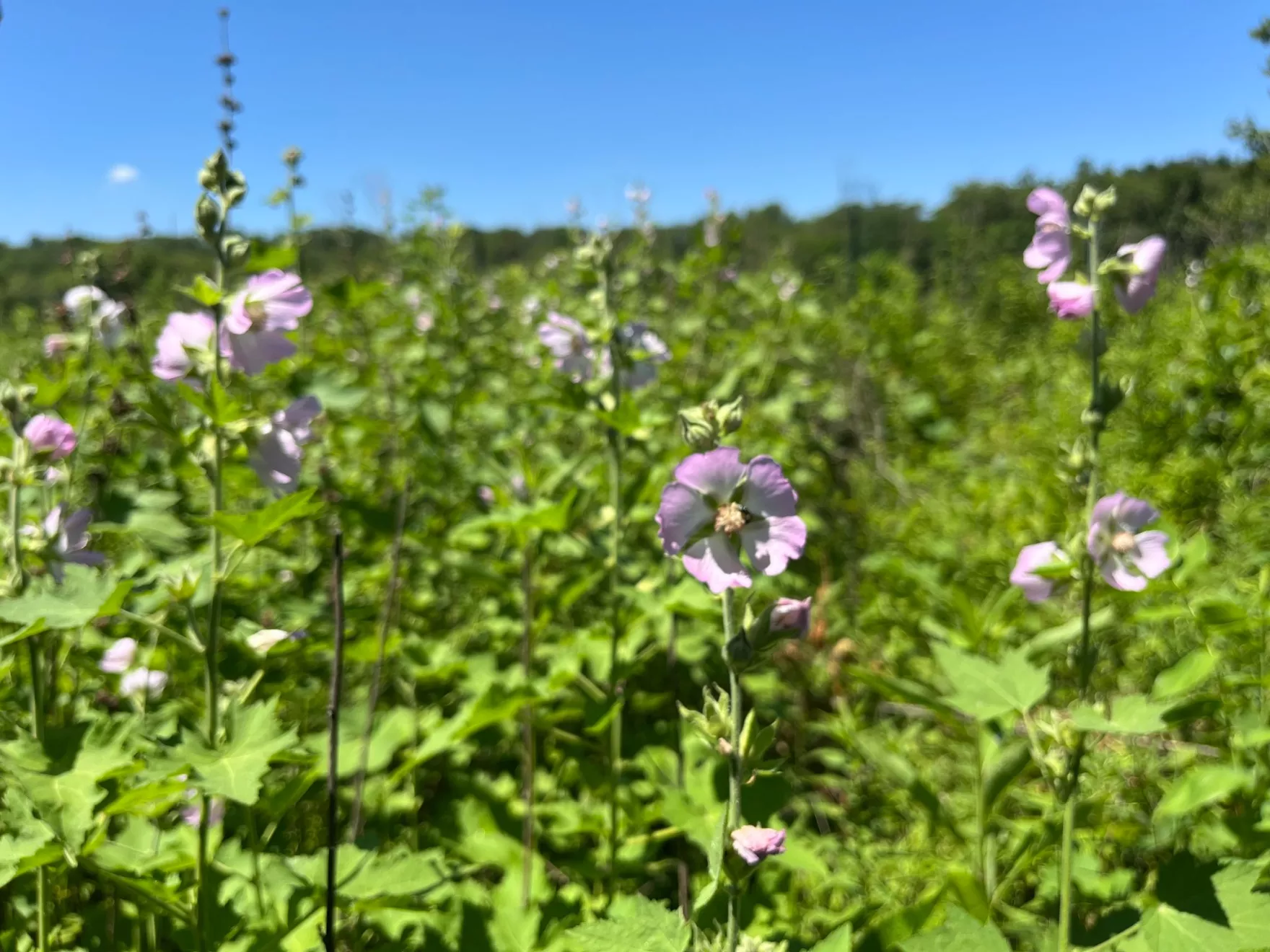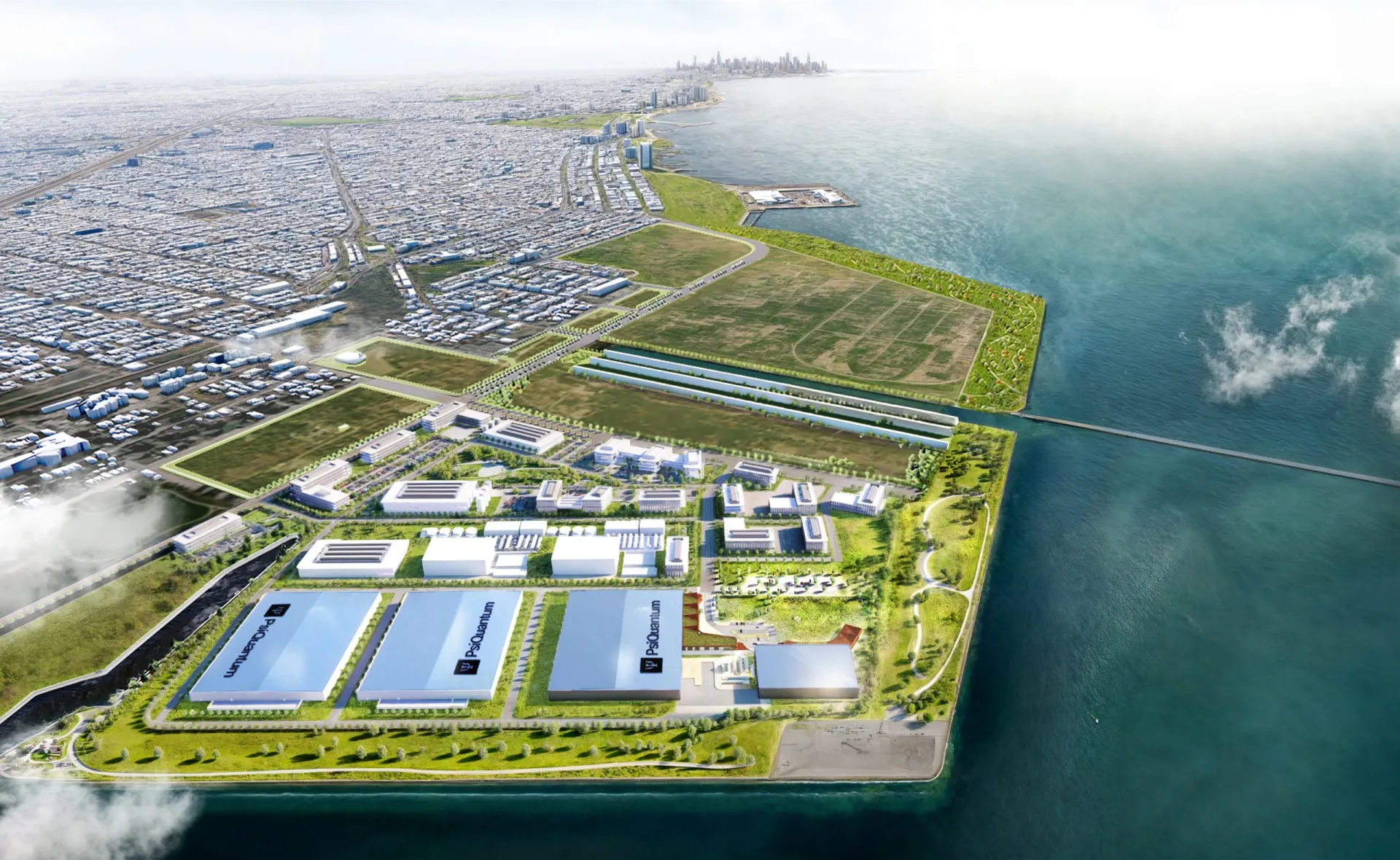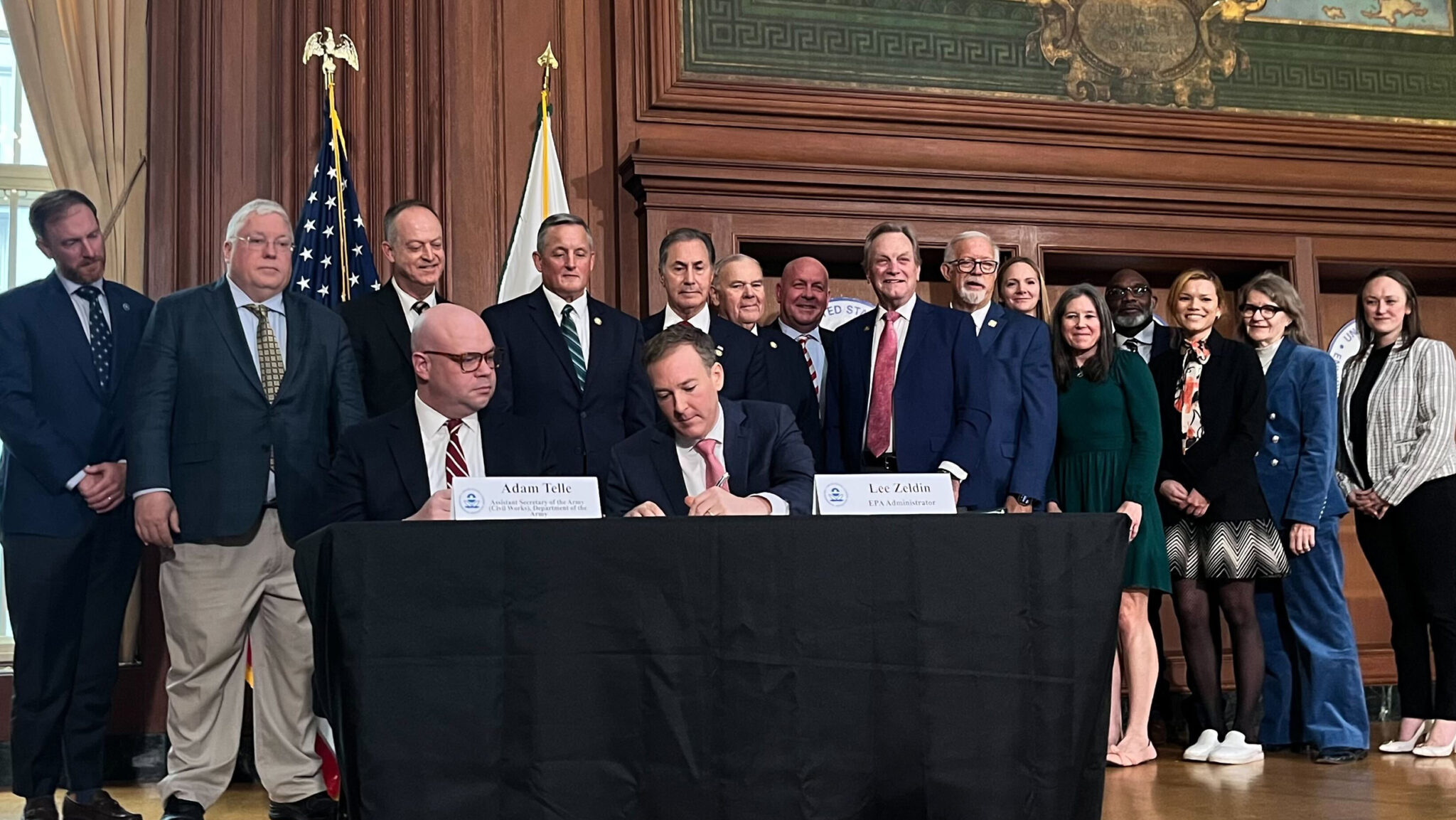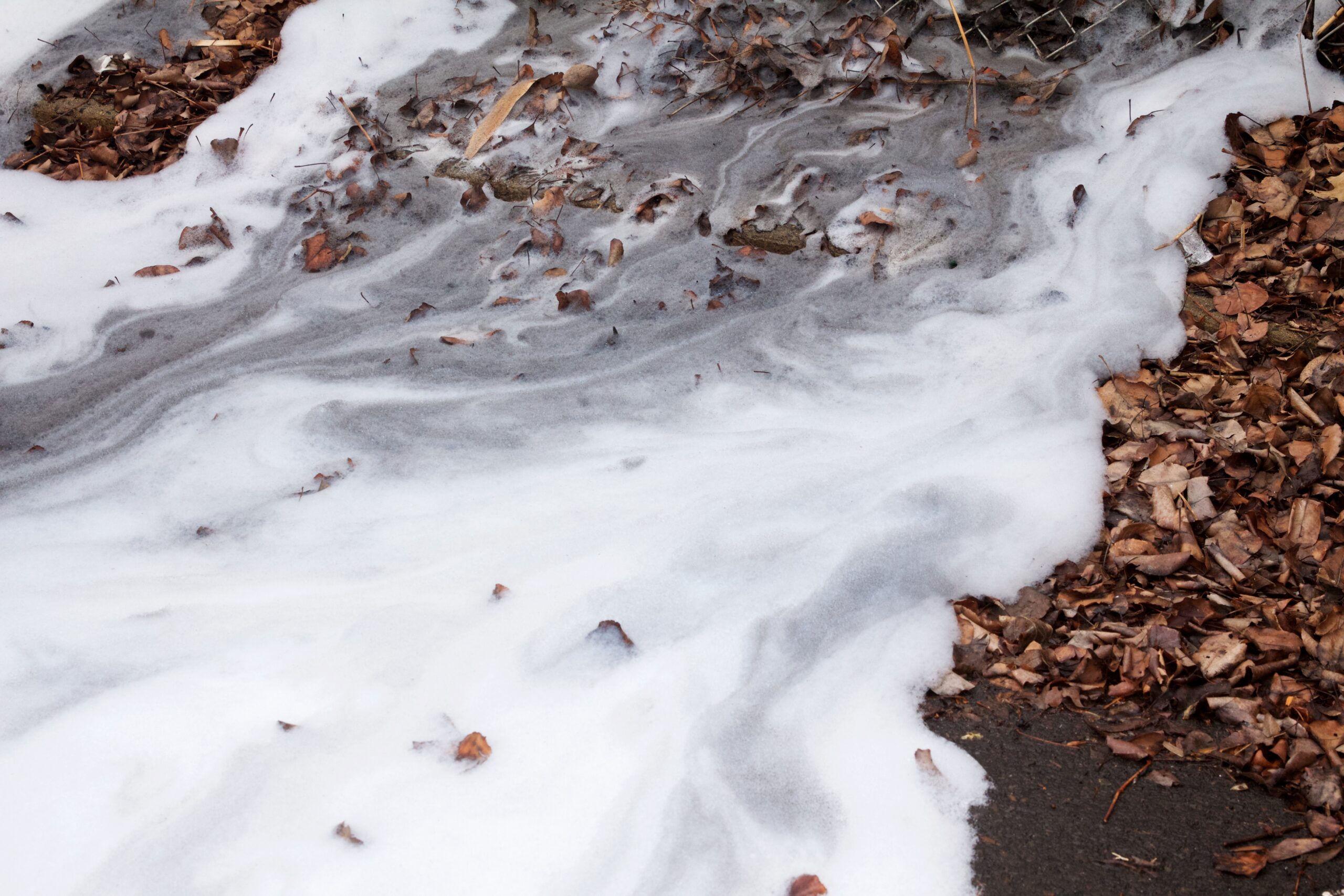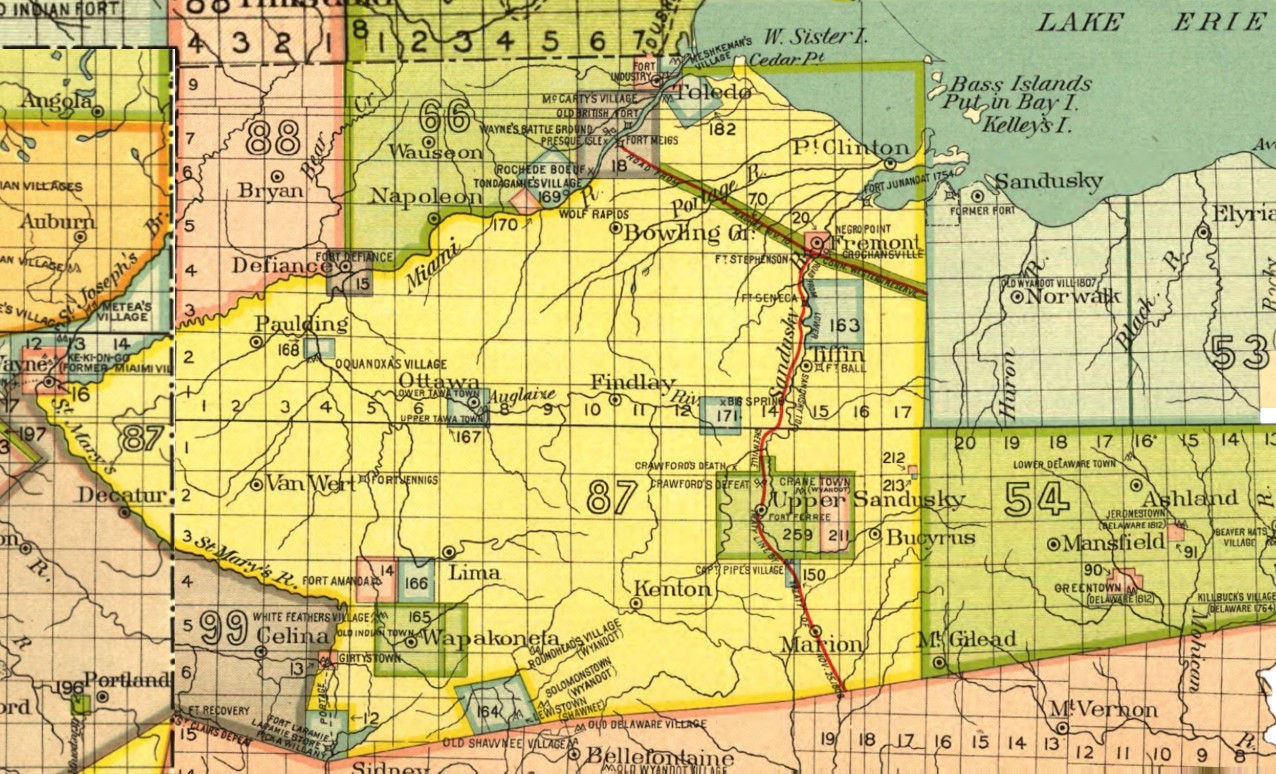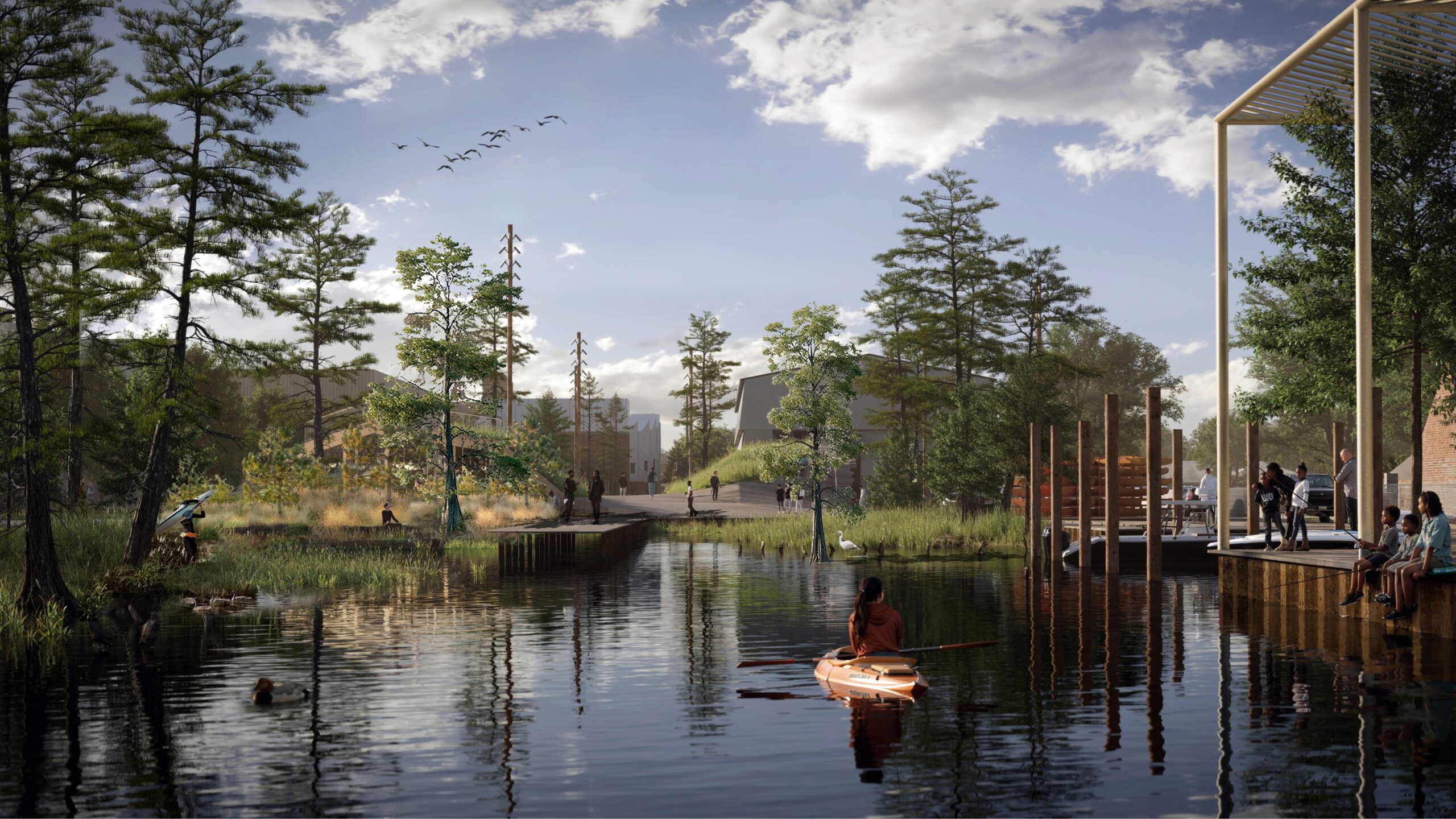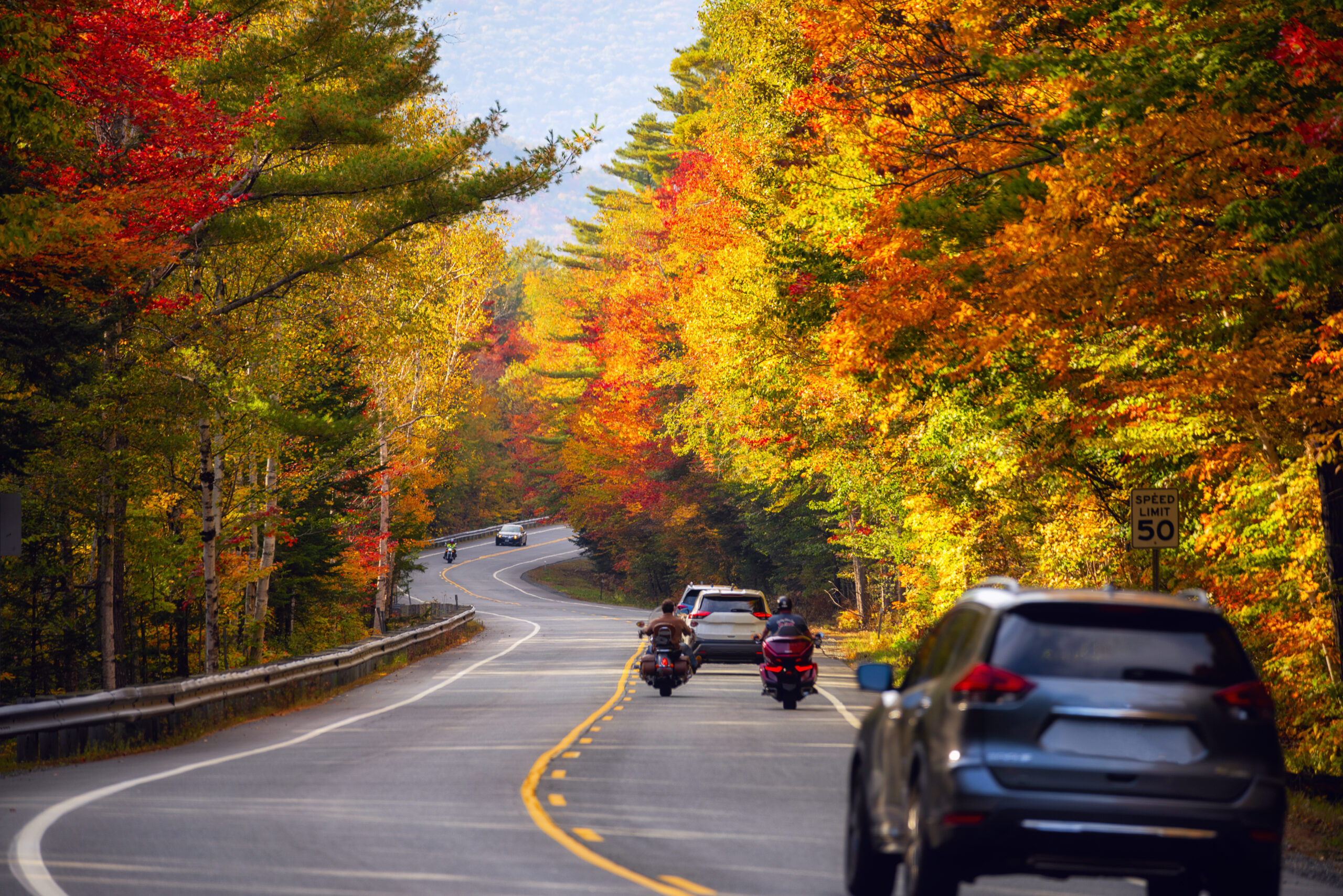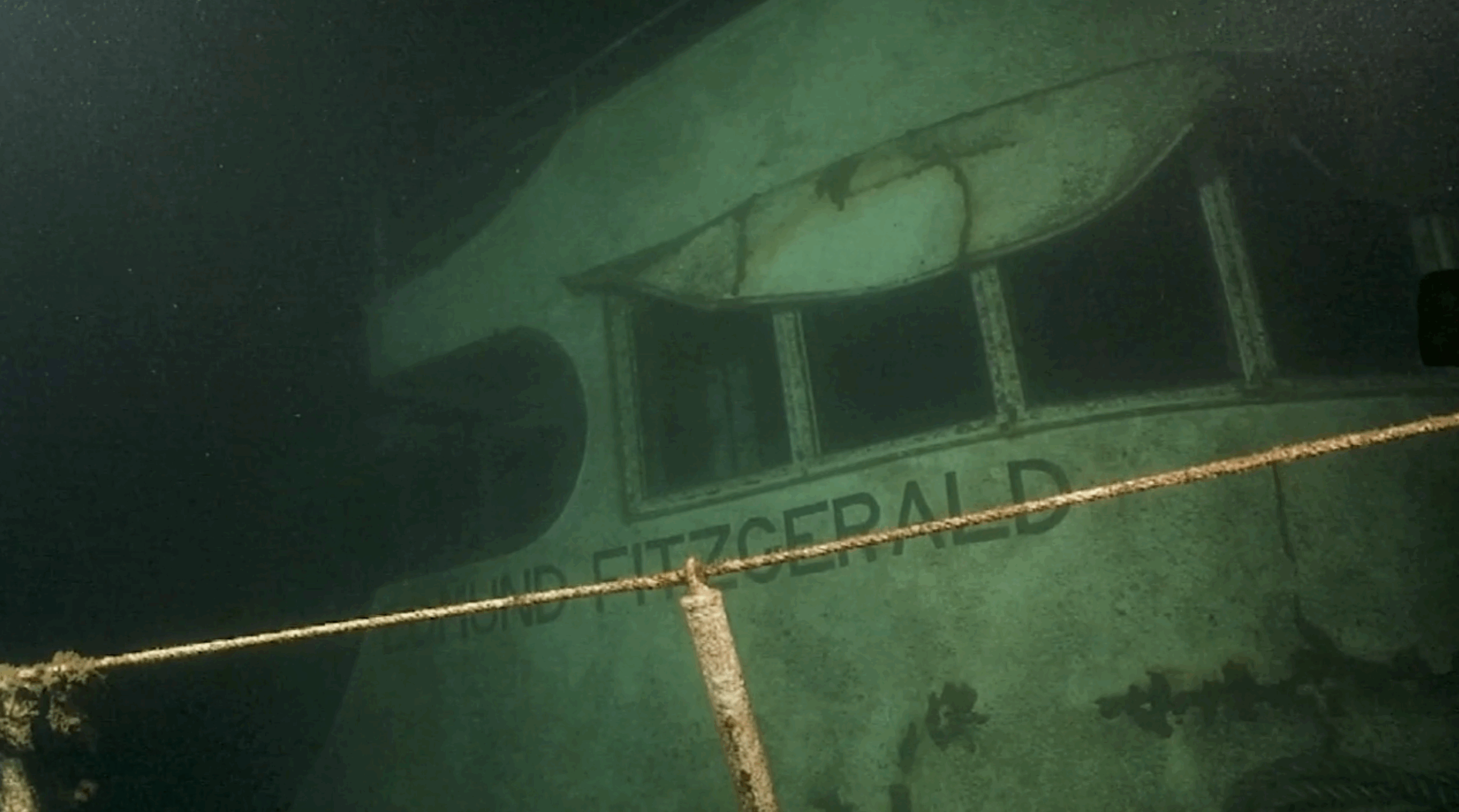High PFAS levels in Wisconsin eaglets may reduce their ability to fend off illness
Researchers found a decline in antibody levels among eaglets with high PFAS levels.
Keep readingThe Latest from Great Lakes Now
Why the Edmund Fitzgerald is More Than a Maritime Tragedy | Great Lakes Now
In Wrecked: The Edmund Fitzgerald and the Sinking of the American Economy, author Thomas Nelson explores how the Edmund Fitzgerald is more than just the subject…
At this Restaurant, The Forest is a Pantry | Great Lakes Now
At Farrand Hall in Southwest Michigan, chefs don’t just source their ingredients. They forage for them. What began as a vacation home for owners James Gray…
How seeds from the past are saving a unique flower of the Great Lakes
More than 30 years ago, a group of scientists planted just 4,200 seeds of the rare Pitcher’s thistle in the sandy dunes of the Great Lakes. At the…
5 Michigan environment stories to watch in 2026
From data centers to nuclear plants, Michigan will see some big energy-related decisions next year that could shape the state’s environment for decades to come.
How to check if your Michigan water system is replacing lead pipes
Michigan’s ambitious plan to replace 580,030 lead and galvanized lines is underway, yet many residents remain in the dark about their water safety. The Michigan Lead Service Line…
The Next Deluge May Go Differently
Changes in wetlands policy and reductions in funding mean flooding will worsen.
Tensions flare as Line 5 public comment deadline nears
Public comments are due by the end of the week after the U.S. Army Corps of Engineers proposed a tunnel alternative last month.
Great Lake News Collaborative
More News
Trump administration moves to weaken federal protections for waterways and wetlands
Environmental groups warn the proposal to change the definition of “waters of the United States” would eliminate crucial safeguards for “countless” bodies of water.
$18M approved in bill credits for Pennsylvania customers in ‘forever chemicals’ settlement
More PFAS news with a “cover-up” in Canada’s North Bay, and Wisconsin legislators estimate pollution cleanup could cost several billion dollars.
The history of taming the Great Black Swamp
Before farms and suburbs, the Great Black Swamp thrived. Restoring it could help curb Lake Erie’s harmful algal blooms today.
Stanton Yards development merges art, nature on Detroit River, envisions ‘thriving new community destination’
A waterfront extension of Detroit’s Little Village cultural development is planned as a 13-acre public gathering place.
Roads in the Great Lakes region get riskier after daylight saving ends
Darker commutes and seasonal animal patterns make late fall one of the most dangerous times on regional roads.
Fifty years later: The little-known story of the families the Fitz left behind
After the Edmund Fitzgerald sank, grieving families faced another storm: unequal insurance payouts, corporate pressure and a legal system stacked against them.

